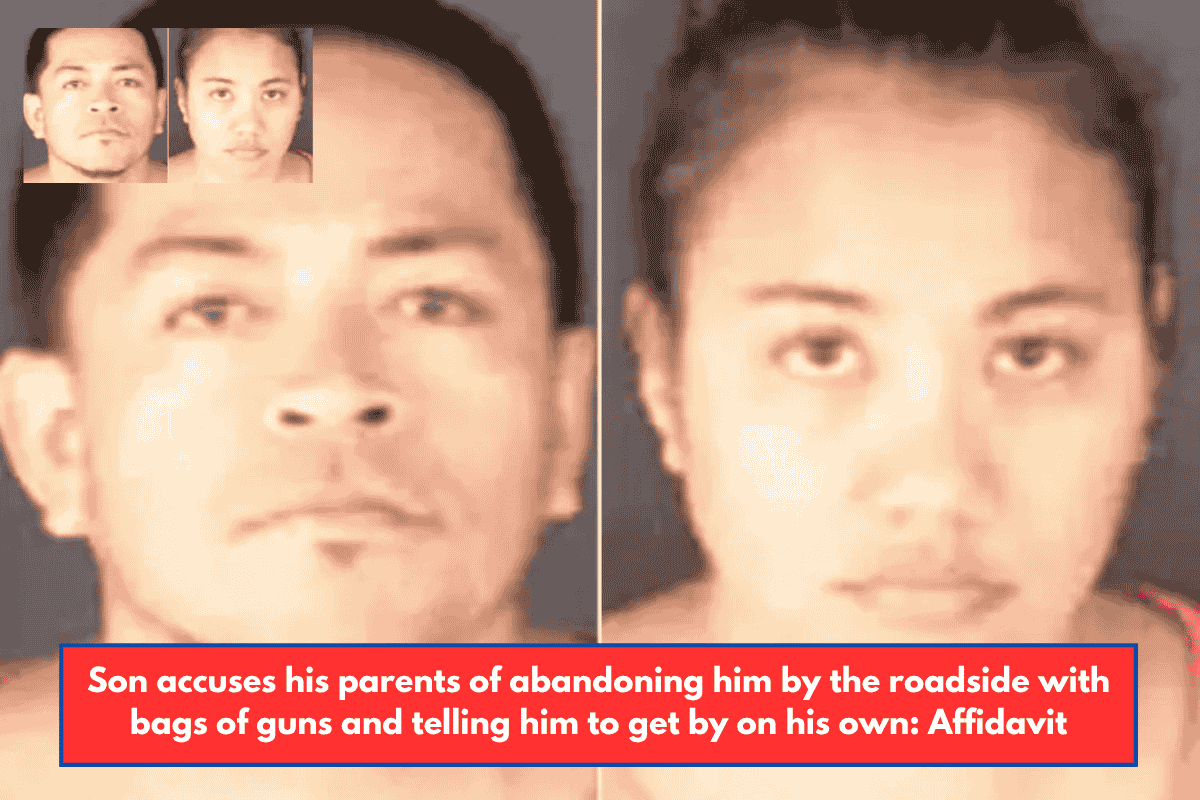Wisconsin – A Milwaukee County judge, Hannah C. Dugan, indicted last month for allegedly obstructing federal agents during an immigration arrest, has moved to dismiss the charges. Her defense argues that, much like the president’s immunity from prosecution for official acts, judges also enjoy broad judicial immunity that protects them from criminal liability for acts within their official duties.
Background of the Case
Judge Dugan was charged after allegedly helping an undocumented immigrant evade federal officers shortly after the immigrant appeared in her courtroom in connection with a domestic abuse case. The federal indictment accuses her of obstructing a proceeding and concealing an individual to prevent discovery and arrest.
Dugan has pleaded not guilty and now asserts in a motion filed in the U.S. District Court for the Eastern District of Wisconsin that her actions fall within the scope of her judicial responsibilities and thus are protected by immunity.
Judicial Immunity vs. Presidential Immunity
Her legal team draws heavily from the U.S. Supreme Court’s recent ruling in Trump v. United States, which granted the sitting president absolute immunity from criminal prosecution for official acts. They argue that judicial immunity is equally broad.
The motion states:
“Nothing in Trump suggests that judicial immunity is any less broad than presidential immunity, for purposes here.”
The defense further points to Pierson v. Ray (1967), a landmark case affirming that judges have absolute immunity from liability, even when accused of acting maliciously or corruptly in their official functions.
Constitutional and Historical Basis
Dugan’s attorneys argue that judicial immunity is rooted in the 10th Amendment — which reserves powers to the states — and has a long history in common law protecting judges from prosecution over their official actions.
They describe the prosecution as a dangerous challenge to judicial independence and federalism:
“This is an extraordinary prosecution that poses a threat to federalism and judicial independence… For not doing as they wished, the judge faces federal criminal charges.”
The filing insists that dismissal is warranted because:
“The indictment itself is an ugly innovation. Its dismissal will not be.”
Charges and Potential Penalties
Besides obstruction, Dugan is also accused of falsely instructing federal agents that a judicial warrant was necessary to arrest the undocumented immigrant, Flores-Ruiz.
Each count carries a potential sentence of up to six years in prison and fines of up to $350,000.
Court Proceedings and Upcoming Trial
Dugan previously filed a similar motion asserting that immunity is an absolute bar to prosecution, not just a defense to be raised later.
A trial date is scheduled for July 21, 2025, as the court weighs the arguments on judicial immunity and the specifics of the alleged obstruction.














